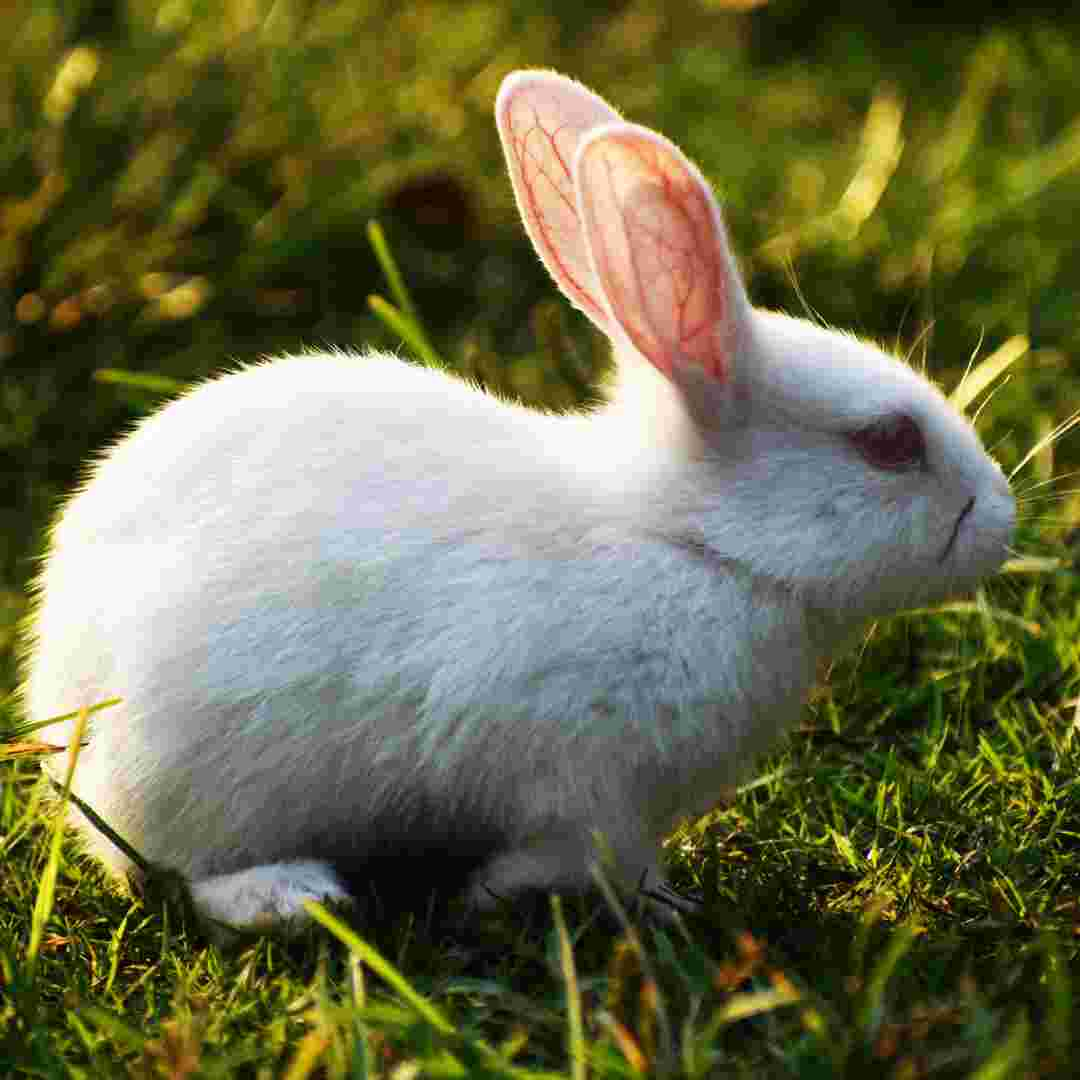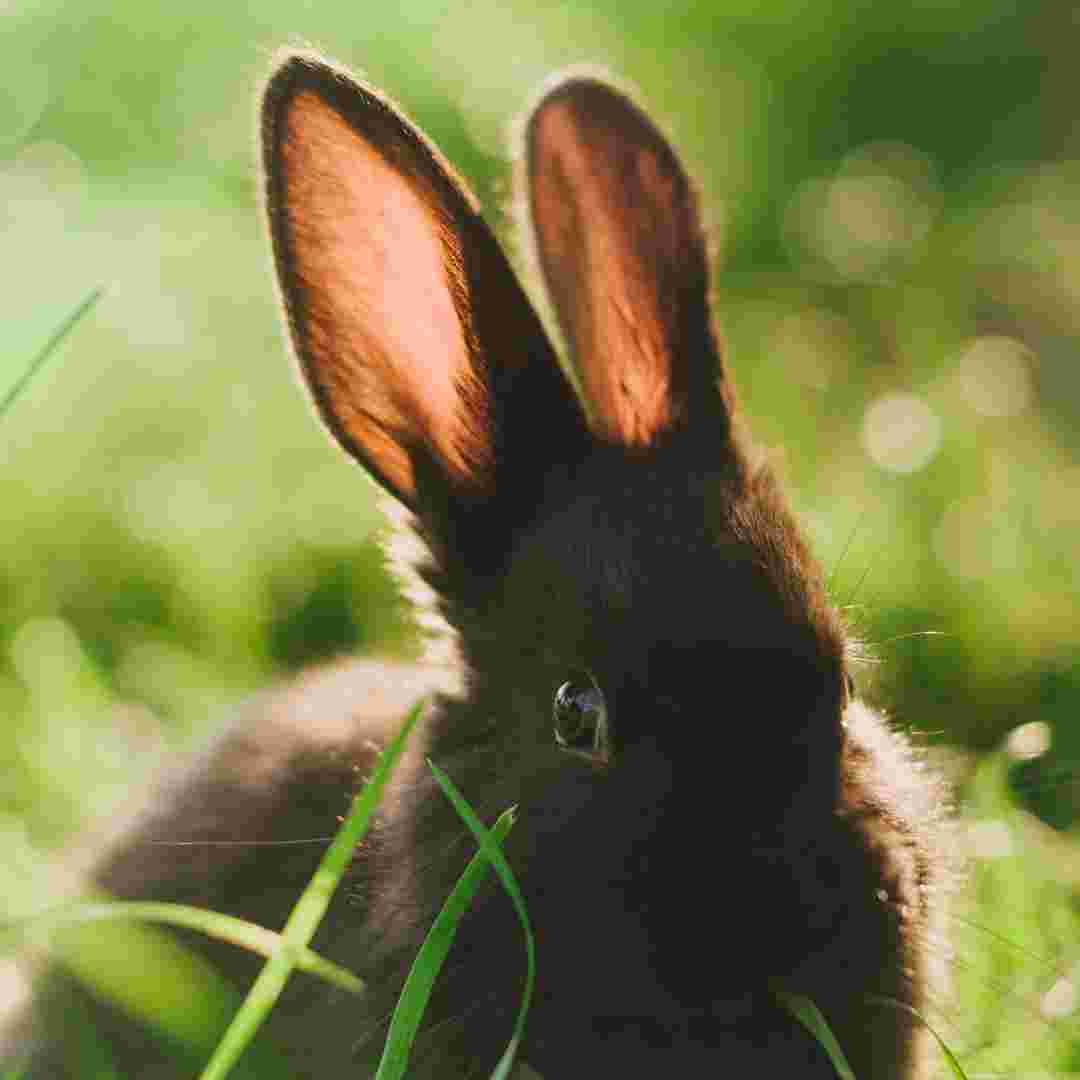Contents
Introduction
Rabbit Poop Helps Gardens Grow
What Makes Rabbit Poop Good for Gardens?
Composting Rabbit Poop: Creating Nutrient-Rich Compost
How Rabbit Poop Helps Plants Grow
How Rabbit Poop Can Keep Pests Out of Your Garden
Q&A
Conclusion
Introduction
Gardens benefit from rabbit faeces fertiliser. Its nitrogen, phosphorus, and potassium content is vital to plant growth. Many helpful microorganisms in rabbit excrement break down organic waste and improve soil structure. Easy to gather rabbit excrement can be used as natural garden fertiliser. Reusing rabbit excrement helps your garden thrive.
Rabbit Poop Helps Gardens Grow
Rabbit excrement produces great fertiliser and helps gardens thrive. Plant growth requires nitrogen, phosphorous, and potassium, which rabbit droppings provide. Many helpful microorganisms in rabbit droppings break down organic matter and improve soil structure.
Miniature, dry rabbit droppings are easy to spread in the garden. Use them as a top dressing or in the soil. Due to their gradual breakdown, rabbit droppings give soil minerals over time.
Organic stuff is abundant in rabbit droppings. Organic matter strengthens soil, retaining moisture and minerals. This fosters plant health.
Calcium in rabbit droppings strengthens roots and foliage. Calcium reduces blossom end rot in tomatoes and other plants.
Finally, rabbit droppings are plentiful in nitrogen. Nitrogen encourages luxuriant greenery and numerous blooms. It also lowers garden pests and illness.
Overall, rabbit droppings make great garden fertiliser. They include critical nutrients, helpful bacteria, and organic materials. They give calcium and nitrogen consistently. These advantages make rabbit droppings a great garden fertiliser.
What Makes Rabbit Poop Good for Gardens?
Growing numbers of gardeners are using rabbit dung as a fertiliser. However, what makes rabbit poop so good to gardens?
Plants need nitrogen, phosphorous, and potassium, which rabbit excrement provides. Nitrogen helps plants make photosynthesis-needed proteins and chlorophyll. Plants absorb solar energy and grow strong roots using phosphorus. Potassium aids water absorption and stem and leaf strength.
Rabbit faeces contains calcium, magnesium, and trace minerals. This mineral improves soil structure and fertility and reduces plant disease risk. Rabbit excrement contains helpful bacteria and fungus that break down organic materials and release nutrients.
High fibre content in rabbit excrement improves soil structure and aeration. This promotes root growth and reduces soil compaction.
Rabbit faeces is rich in nitrogen and phosphate, which plants need. High calcium, magnesium, and trace mineral content in rabbit excrement improves soil structure and fertility. Due of these features, rabbit dung makes great garden fertiliser.
Composting Rabbit Poop: Creating Nutrient-Rich Compost
Rabbit faeces composting makes nutrient-rich garden fertiliser. Composting rabbit excrement is good because it's high in nitrogen and phosphate. With the appropriate methods, you can simply turn rabbit waste into garden fertiliser.
Rabbit excrement must be collected before composting. Small and dry rabbit dung is easy to gather and store. You can gather droppings with a litter box, scoop, or dustpan. After collecting the droppings, seal them until usage.
Next, mix rabbit droppings with other components. Nitrogen-rich rabbit droppings require carbon-rich elements to balance. Straw, leaves, and wood chips contain carbon. Mix two parts carbon to one part nitrogen.
Add the materials to your compost pile after mixing. Keep pile moist but not damp. A garden hose can irrigate the pile.
Finally, turn the pile regularly to ensure optimal breakdown. Turn the pile every several days to ensure oxygenation.
Making rabbit excrement useful for your garden is easy and effective with composting. You may simply turn rabbit poo into nutrient-rich garden fertiliser with the appropriate methods.
How Rabbit Poop Helps Plants Grow
Rabbit excrement fertilises plants. It has vital nutrients for plant growth. Plant growth requires nitrogen, phosphorous, and potassium, which rabbit dung provides. Beneficial bacteria and fungus break down organic materials and improve soil structure.
Without spending money on chemical fertilisers, rabbit dung can provide your plants with nutrients. Locating and using rabbit dung is simple. Simply remove it from your rabbit's cage and scatter it about your plants.
When fertilising using rabbit dung, remember its nitrogen content. Excessive use can burn plants. Rabbit excrement should be mixed with compost or aged manure to avoid this. It will regulate nitrogen levels and give your plants nourishment.
Keep in mind that rabbit excrement can include parasites and diseases. Wear gloves and wash your hands after touching rabbit excrement to avoid this. You shouldn't use rabbit excrement on edible plants.
Rabbit excrement fertilises plants well. It has vital nutrients for plant growth. Maintain moderation and wear gloves when handling it. You may utilise rabbit excrement to nourish your plants with a little care.
How Rabbit Poop Can Keep Pests Out of Your Garden
Garden pests can be controlled with rabbit dung. Rabbit droppings are a natural fertiliser that deters pests. Plants need nitrogen, phosphorous, and potassium, which rabbit excrement provides. Rabbit droppings include helpful bacteria and fungus that protect plants.
Pests can be deterred by rabbit droppings. The ammonia in rabbit excrement repels aphids and fleas. The fragrance of rabbit droppings can also deter deer from your garden.
Before applying rabbit droppings to your garden for pest management, age them. Fresh rabbit droppings can be hazardous to plants due to bacteria and parasites. Spread droppings in a thin layer and let them dry for two weeks before using them in your garden.
When aged, droppings can be used in your garden in many ways. Mix them into the soil surrounding your plants or spread them straight on it. Try soaking rabbit droppings in water for a few days and using the liquid as fertiliser.
Rabbit droppings help manage garden pests. Ageing and using droppings in various ways might help keep pests away and provide your plants with nutrition.

Q&A
1. Are rabbit droppings helpful for plants?
Yes, rabbit dung helps gardens. Nitrogen and phosphorus in rabbit droppings are needed for plant growth.
2. Should my garden get rabbit poop often?
Garden rabbit dung should be added every two to three weeks. Your plants will obtain the nutrients they need without over-nitrogenating the soil.
3. Is rabbit poop garden-safe?
Yes, rabbit dung is garden-safe. Your plants may contract diseases or parasites from rabbit droppings, so make sure they're healthy.
4. How should rabbit poop be applied to my garden?
Incorporate rabbit excrement into your plant soil. If possible, mix the droppings into the soil to distribute nutrients evenly.
5. Does rabbit poop improve my garden in other ways?
Rabbit excrement increases soil organic matter and structure. Improved drainage and aeration can make plants healthier.
Conclusion
In conclusion, rabbit excrement fertilises gardens well. The abundant nitrogen and other nutrients make it great for gardeners wanting to boost soil health. Easy to obtain rabbit excrement can be utilised as a natural fertiliser without chemicals.
